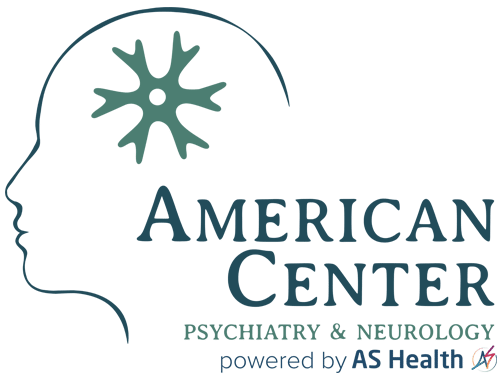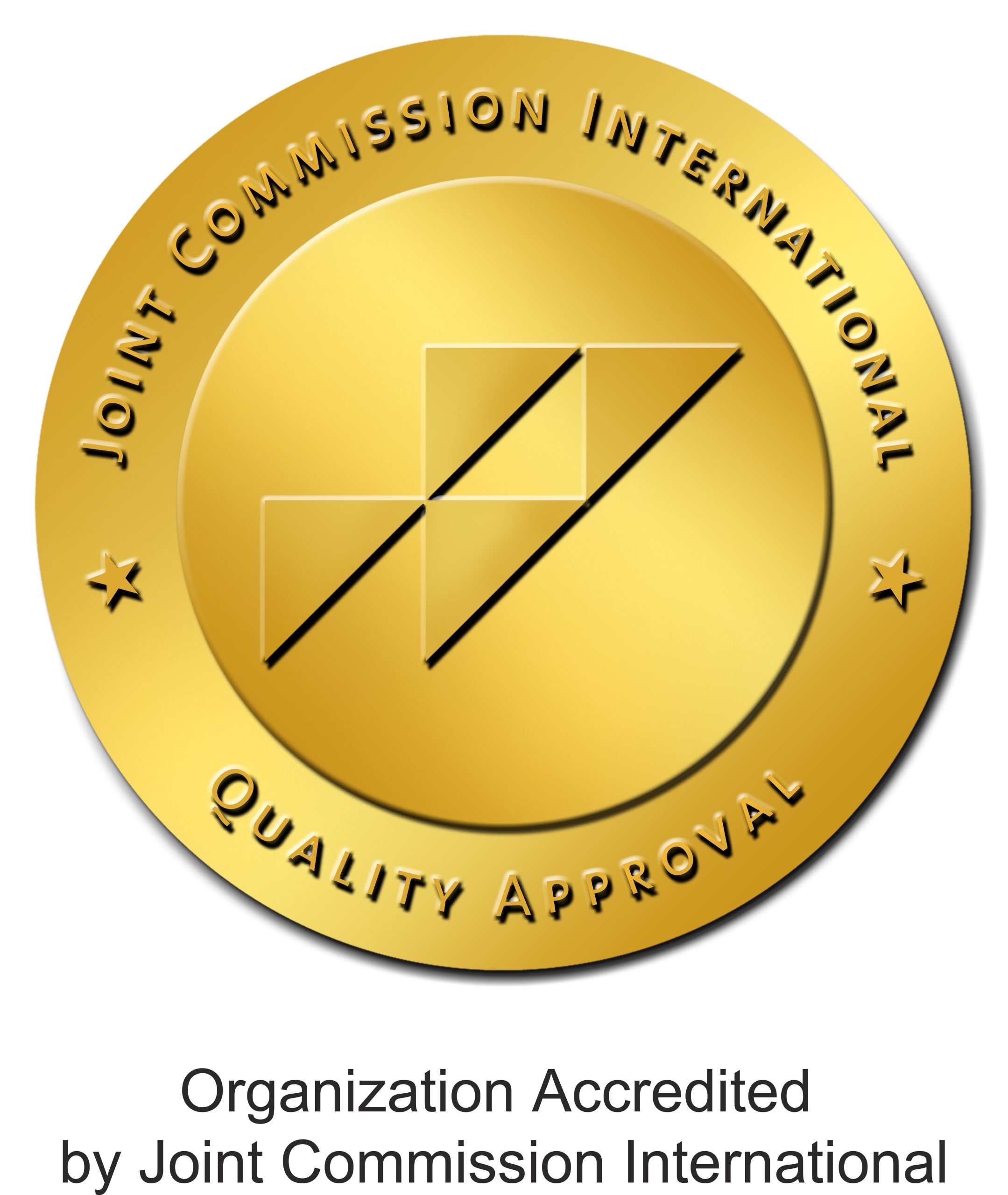The child and adolescent psychiatrist is a physician who specializes in the diagnosis and the treatment of disorders of thinking, feeling and/or behavior affecting children, adolescents, and their families. A child and adolescent psychiatrist offers families the advantages of a medical education, the medical traditions of professional ethics, and medical responsibility for providing comprehensive care.
Practice
The child and adolescent psychiatrist uses a knowledge of biological, psychological, and social factors in working with patients. Initially, a comprehensive diagnostic examination is performed to evaluate the current problem with attention to its physical, genetic, developmental, emotional, cognitive, educational, family, peer, and social components. The child and adolescent psychiatrist arrives at a diagnosis and diagnostic formulation which are shared with the patient and family. The child and adolescent psychiatrist then designs a treatment plan which considers all the components and discusses these recommendations with the child or adolescent and family.
An integrated approach may involve individual, group or family psychotherapy; medication; and/or consultation with other physicians or professionals from schools, juvenile courts, social agencies or other community organizations. In addition, the child psychiatrist is prepared and expected to act as an advocate for the best interests of children and adolescents. Child and adolescent psychiatrists perform consultations in a variety of settings (schools, juvenile courts, social agencies).
Training
Child and adolescent psychiatric training requires four years of medical school, at least three years of approved residency training in medicine, neurology, and general psychiatry with adults, and two years of additional specialized training in psychiatric work with children, adolescents, and their families in an accredited residency in child and adolescent psychiatry.
In the general psychiatry training years, the physician achieves competence in the fundamentals of the theory and practice of psychiatry. In the child and adolescent psychiatry training, the trainee acquires a thorough knowledge of normal child and family development, psychopathology, and treatment. Special importance is given to disorders that appear in childhood, such as pervasive developmental disorder, attention-deficit hyperactivity disorder (ADHD), learning disabilities, mental retardation, mood disorders, depressive and anxiety disorders, drug dependency and delinquency (conduct disorder).
The child psychiatry trainee applies and develops psychiatric skills by treating children, adolescents and their families in a variety of settings.
Source: https://www.aacap.org


